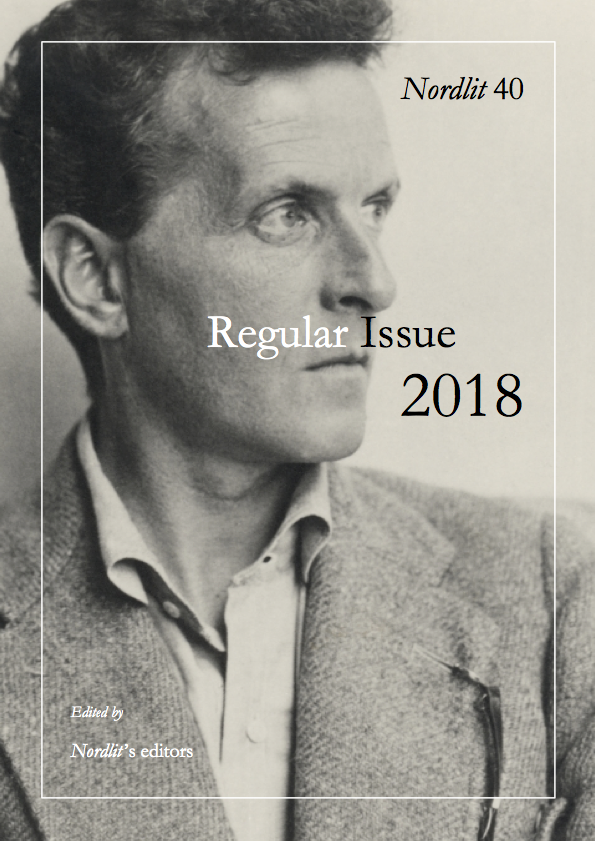Evangelisk ironi
DOI:
https://doi.org/10.7557/13.4466Keywords:
Upålitelig narrasjon, Booth, den kanaaneiske kvinnen, Markus, Matteus, ironi, unreliable narration, Canaanite woman, Mark, Matthew, ironyAbstract
This article addresses the question whether unreliable narration, as the concept is understood in the tradition following Wayne Booth’s original definition, can occur in non-fictional stories. Contrary to Pekka Tammi’s conclusion in a recent article, this article’s answer is affirmative. It seeks to demonstrate, through a comparative analysis of respectively Mark’s and Matthew’s stories about the Canaanite woman (Mark 7:24–30 and Matthew 15:21–28), how Matthew comes forward as an unreliable narrator, and that his narrative unreliability is a function of what James Phelan has termed underreporting. The textual analysis, which leans on Gregory Currie’s and James Phelan’s theories of unreliable narration, argues that far from being more or less identical stories, as is suggested by various exegetes, Matthew’s pericope is significantly different from that of Mark. It is different both thematically and regarding the portrayal of the figure of Jesus, but also, and not least, by pursuing a more complex and daring communicative strategy based on unreliable narration and a system of multilayered irony. In concluding the theoretical discussion of unreliable narration, I suggest not only that unreliable narration is possible in non-fictional stories, but also that it is a somewhat misleading concept when applied to the kind of stories Wayne Booth normally referred to, namely fictional first-person narratives.Downloads
Published
2018-12-06
How to Cite
Gaasland, Rolf. 2018. “Evangelisk ironi”. Nordlit, no. 40 (December):65–76. https://doi.org/10.7557/13.4466.
Issue
Section
Articles









